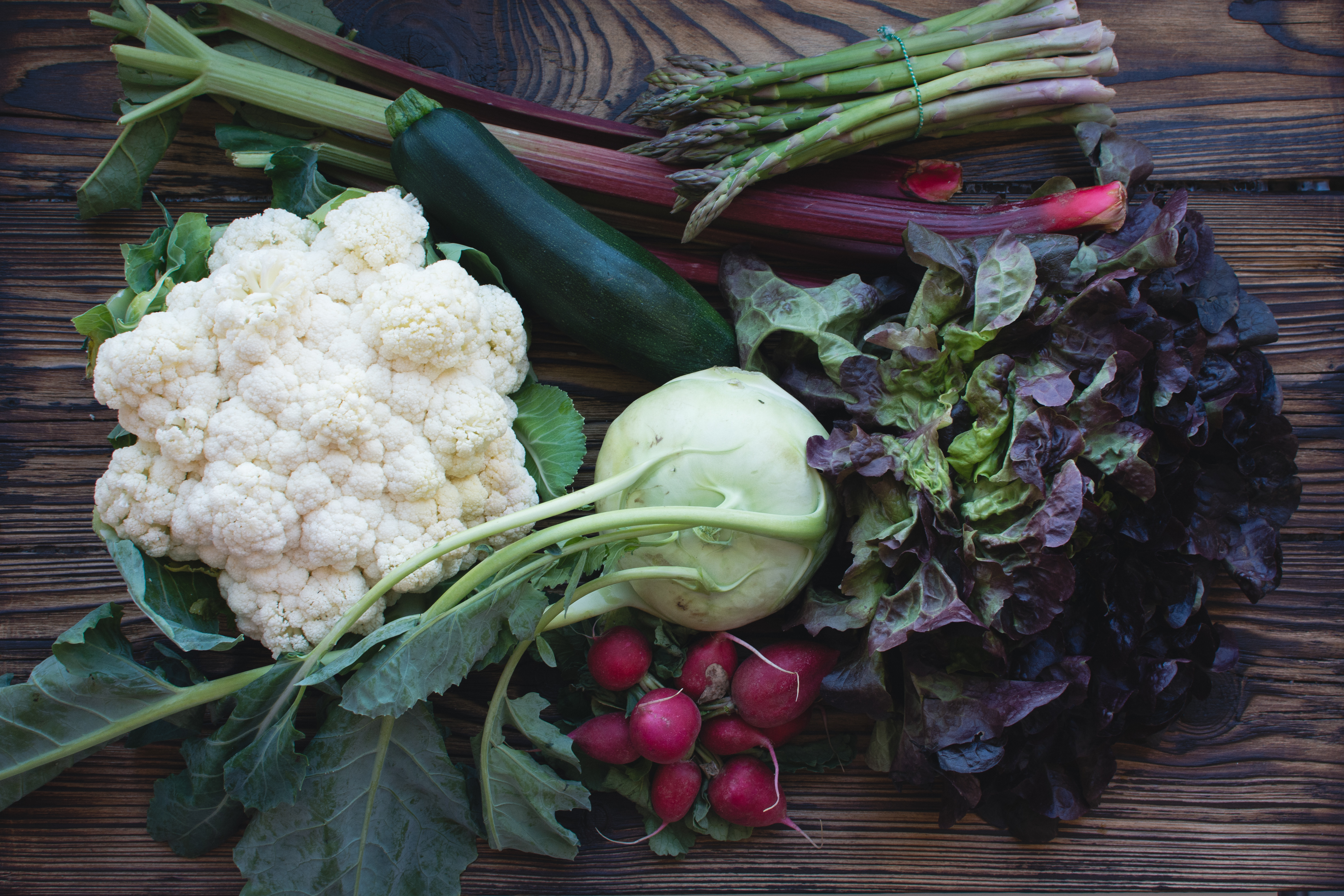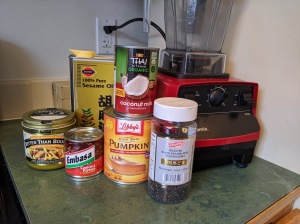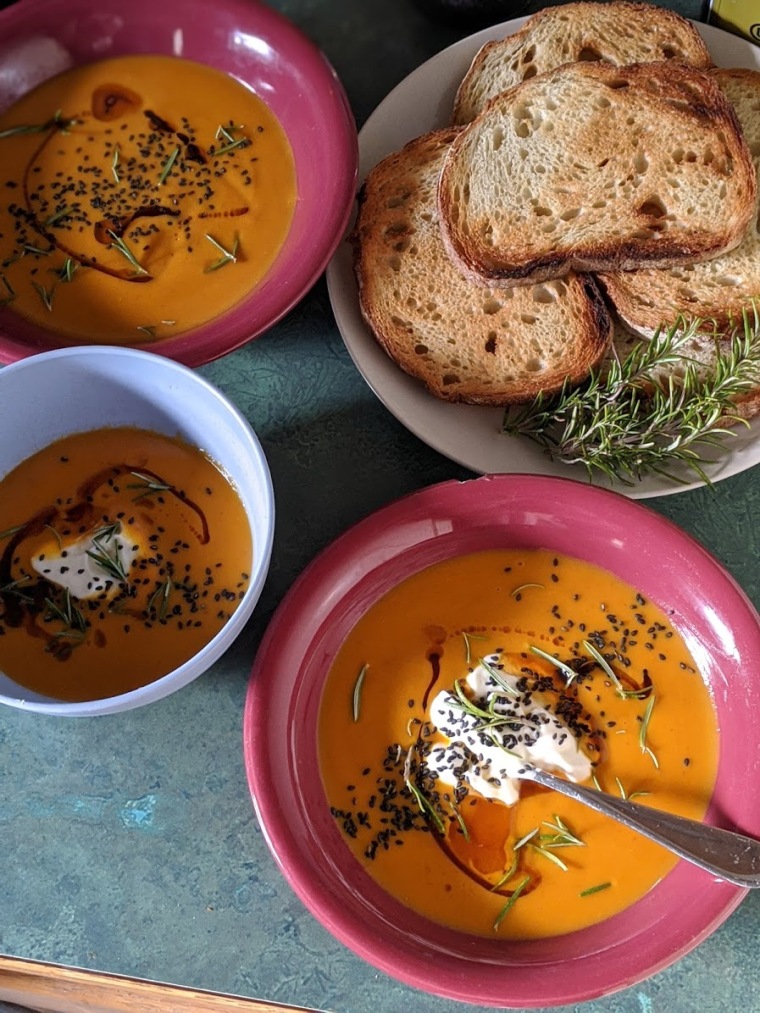[By Dillon Stickle]
In August of 2015 I made one of the more dramatic decisions in my life — to go vegetarian. There were many reasons I decided to do this: ethical, environmental, economical, and dietary would probably cover it. But I’m not here to teach you why it’s a good thing to eliminate meat from your diet. I do, however, feel the need to tell you what I’ve learned thus far. Here are some lessons I’ve learned for anyone new to vegetarianism or are considering the lifestyle. (Yes, it is a lifestyle!)
You need to do your research.
I went into vegetarianism essentially blind. I had never been big on vegetables and was limited with my fruit intake. Nuts and seeds? What are those? I was jumping into something that I can easily admit I wasn’t ready for. Along the way, I learned how to eat so that all those essential nutrients you receive from meat — proteins, b- vitamins, iron, calcium, etc. — would still be in my diet. By constantly researching and reading a variety of blogs and sites on eating a plant-based diet, I began to open myself up to new foods that provided me with the nutrients that I would otherwise need from meat. Nuts, seeds, legumes, quinoa, spinach, and greek yogurt are some examples. So before you
and sites on eating a plant-based diet, I began to open myself up to new foods that provided me with the nutrients that I would otherwise need from meat. Nuts, seeds, legumes, quinoa, spinach, and greek yogurt are some examples. So before you
decide to jump the meat-ship, do some research. Try new foods before you actually make a decision like vegetarianism. It will ultimately help you become more comfortable with giving up meat.
One source I could always count on (and still do) was mindbodygreen.com. There are tons of articles written in different accounts — from nutritionists, to MDs to every day people who are passionate about mental, spiritual and physical health.
Not everyone will understand — or agree.
I think I was most surprised by how many people didn’t see why I was giving up meat, and many refused to accept it (not that I needed them to). I got a lot of, “But you won’t be able to go out to eat anywhere!” or, “Meat is too good. Are you crazy?” or the best one, “But you can’t get what you need from meat by eating grass!”
All of these statements are as frustrating as they are false. I have yet to eat out somewhere that didn’t provide at least one vegetarian dish. Yes, meat is good, but that doesn’t mean I need it or can’t live without it. Millions of people do it every day. And, as I mentioned in the previous section, you can get from a plant-based diet what you can get from a diet incorporating meat. In fact, in the new dietary guidelines, it is recommended for men to cut back on their red meat intake. (Though I personally feel we should all eat way less red meat.)
I did have a few supportive people, however, who helped me transition and offered to cook vegetarian recipes without me having to ask once.
So no matter what people tell you, going vegetarian isn’t dangerous. It’s not silly or unnecessary, and it’s not crazy, especially when you consider the gruesome and cruel factory farming industry.
Don’t get caught in the mac n’ cheese vortex.
OK, hear me out on this — I love mac n’ cheese. I love potatoes, pasta, rice, crackers, and all things carbohydrates. Of course I love these things, they are the heaven to my taste buds’ soul. But what I have learned is that unless you incorporate vegetables into, like, 80% of your diet, you’re still not going to optimize your energy and health. Many vegetarians fall into what I like to call the mac n’ cheese vortex. This is because cooking starchy carbs, like the ones mentioned above, are easy and have been a staple in the American family diet since I (and maybe you) can remember.
What I recommend to any new or prospective vegetarian is to look at the root word: VEGETABLE! We can not thrive without vegetables. Not only do they provide the essential nutrients we are used to getting from meat, they also provide nutrients we might not be getting from meat, especially processed meat. (If you eat meat, it better be organic and unprocessed. Or else all those benefits you think you’re getting aren’t actually going to be there.)
I’d also like to throw out there that giving up meat isn’t optimal for everyone. People with intestinal issues, food allergies, or those who live in certain geographical locations may not be able to give up meat.
These are just a few things I have learned in my short ten months as a vegetarian.* I hope this helps even one person considering making the change to optimize their health while feeling good about what they’re putting into their body.
*This article was written in June of 2016. There will be a follow-up to this post on why I decided to incorporate meat back into my diet (well, sort of). Stay tuned!
© The Landerholmstead, 2016.
 Ingredients:
Ingredients:



 and sites on eating a plant-based diet, I began to open myself up to new foods that provided me with the nutrients that I would otherwise need from meat. Nuts, seeds, legumes, quinoa, spinach, and greek yogurt are some examples. So before you
and sites on eating a plant-based diet, I began to open myself up to new foods that provided me with the nutrients that I would otherwise need from meat. Nuts, seeds, legumes, quinoa, spinach, and greek yogurt are some examples. So before you